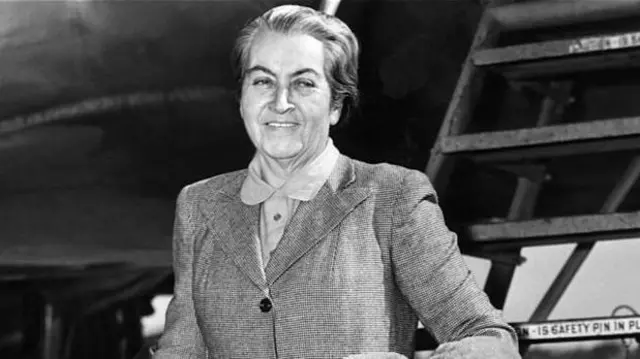
Gabriela Mistral, became the first Latin American woman to receive the Nobel Prize in Literature. Her work, which speaks of love, pain, childhood, and belonging, is a rare synthesis of lyricism and social strength.
Gabriela Mistral, the pen name of Lucila Godoy Alcayaga, was born on April 7, 1889, in the city of Vicuña, in the Chilean countryside. Daughter of a seamstress and a traveling teacher who left the family early, Mistral built her path outside elite circles but with a voice so powerful that it crossed mountains, deserts, and seas.
In 1945, she became the first Latin American woman to receive the Nobel Prize in Literature. Her work, which speaks of love, pain, childhood, and belonging, is a rare synthesis of lyricism and social strength. More than a poet: an educator, a diplomat, a woman who made words her form of resistance.
Gabriela began writing at a young age while teaching in Andean villages. She had no university education but learned through life and reading. Her experiences as a teacher and contact with poverty shaped poetry that is sensitive yet firm, deeply connected to Latin America.
In Desolación (1922), her first book, the themes that would accompany her throughout life were already present: absence, mourning, care for childhood, and spirituality permeating everyday life.
Works such as Ternura (1924), Tala (1938), and Poema de Chile (1967, posthumous) expanded this universe. Her verses were not for the literary elite but for peasants, mothers, children, and teachers. She said she wrote “with blood,” and perhaps that’s why her poetry touches so deeply.
Her concern with education as a mission runs through all her work, whether in writing or public activity.
When Mistral won the Nobel Prize, the world was surprised: a woman from the deep south speaking with the strength of a continent. Her speech in Stockholm was direct, firm, and Latin:
“By an undeserved stroke of fortune, I am the direct voice of the poets of my race and the indirect voice of the noble Spanish and Portuguese languages.”
She was not receiving the prize for herself alone but for all of Latin America, still silenced on the international stage. In post-war times, her voice was both healing and denunciation.
Her diplomatic career was intense. Gabriela served as Chilean consul in Naples, Madrid, and Lisbon, worked at the International Institute of Intellectual Cooperation of the League of Nations, and traveled to countries such as Brazil, Mexico, and Italy, spreading her vision of public education and cultural rights.

Beyond poet, Mistral was a diplomat and pedagogue. She represented Chile in countries like Brazil, Portugal, Italy, and Mexico. She lived for years in the United States and corresponded with figures such as Pablo Neruda, Alfonso Reyes, and Victoria Ocampo.
But her personal life was surrounded by silences. Gabriela never married and had her private life erased for decades. Only recently has her intense relationship with Doris Dana, an American writer and translator with whom she spent her final years, come to light. In letters published posthumously, Gabriela reveals love, doubts, and tenderness that transcend decades.
“Hay dolores que no se pueden nombrar, por eso los escribo en verso.”
She died on January 10, 1957, in New York. But her work remains alive in books, classrooms, and the struggles for a more humane education.
In times of setbacks and erasures, reading Gabriela Mistral is an act of memory. Her writing is not only beautiful but political—not only because of the themes but because of the gesture: giving voice to women, children, and the invisible peoples of Latin America.
Gabriela was not only the first Latin American woman to win a Nobel. She was the first to cry out, with tenderness and firmness, that the deep south also knows how to tell the world.